Listen on your favorite app
OVERSHOOT | Shrink Toward Abundance
OVERSHOOT tackles today’s interlocked social and ecological crises driven by humanity’s excessive population and consumption. The podcast explores needed narrative, behavioral, and system shifts for recreating human life in balance with all life on Earth. With expert guests from wide-ranging disciplines, we examine the forces underlying overshoot: from patriarchal pronatalism that is fueling overpopulation, to growth-biased economic systems that lead to consumerism and social injustice, to the dominant worldview of human supremacy that subjugates animals and nature. Our vision of shrinking toward abundance inspires us to seek pathways of transformation that go beyond technological fixes toward a new humanity that honors our interconnectedness with all beings. Hosted by Nandita Bajaj and Alan Ware. Ranking in the top 1.5% of all podcasts globally, we draw listeners from across 150 countries.
Read our Listener Feedback. | Support this podcast. | Subscribe to our newsletter.
New to our podcast?
There are over 80 episodes of OVERSHOOT. If you are new to the podcast and looking for a good place to start, we recommend you listen to these episodes first.
Latest Episodes
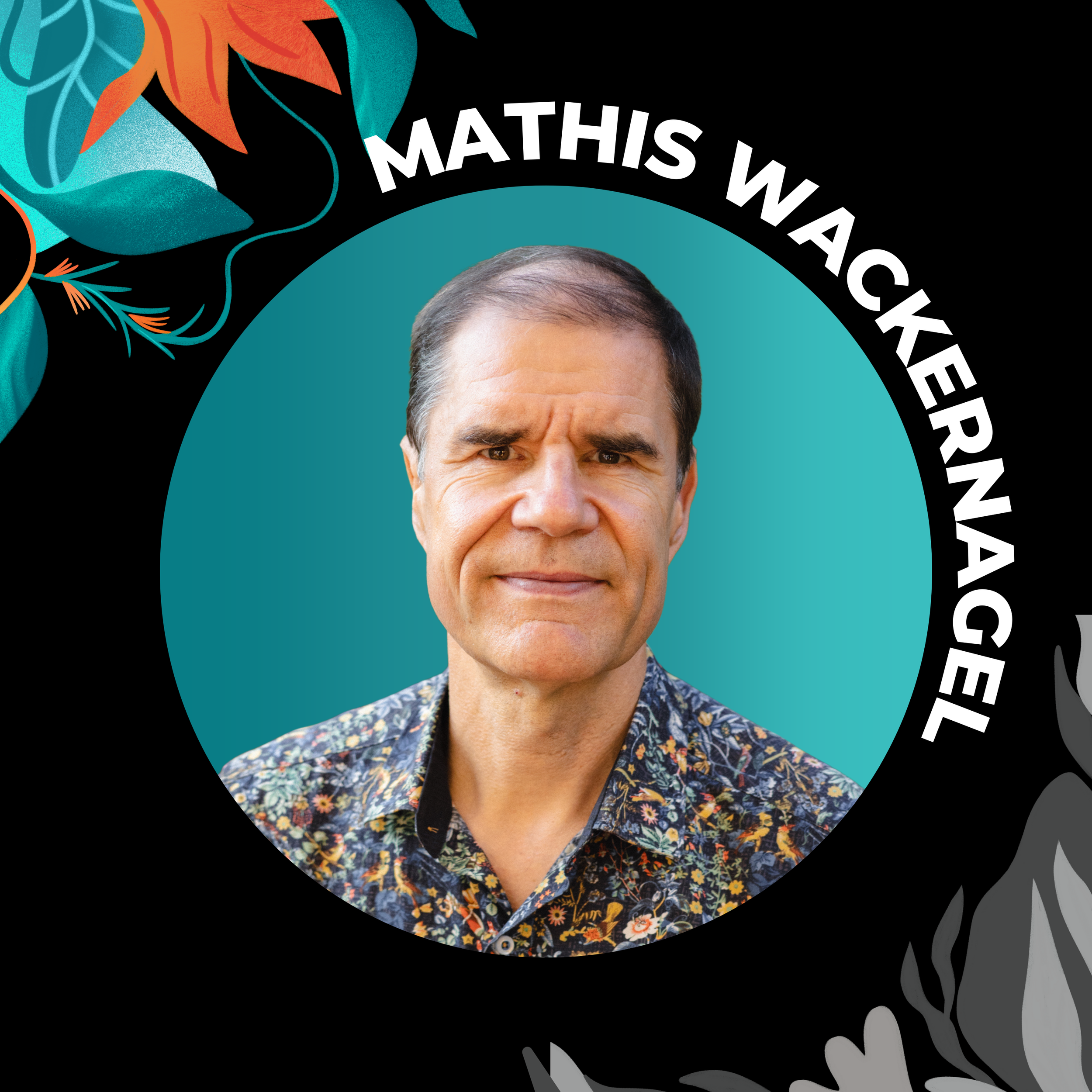
The Biggest Risk to Humanity
Ecological overshoot is the second largest risk to humanity. Not reacting to it is the biggest. Mathis Wackernagel, co-creator of the ecological footprint and co-founder of the Global Footprint Network, joins us.
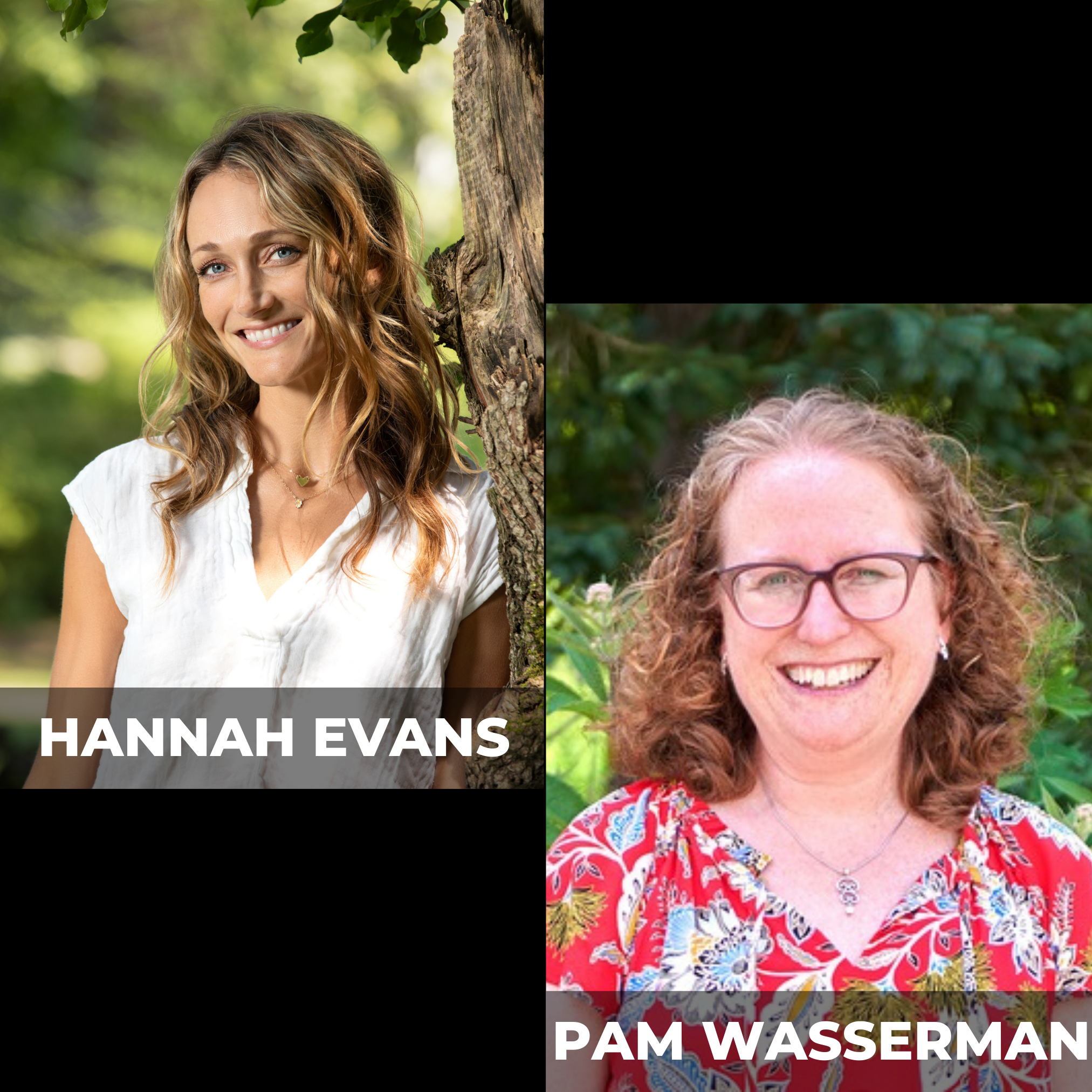
Progressive Pathways for a Smaller Population
Population dynamics are deeply connected to environmental sustainability and social justice. That's the message of Pam Wasserman and Hannah Evans from Population Connection - the oldest grassroots population organization in the U.S.

Early Warning Systems
Population growth and extreme weather events converge to create growing challenges in vulnerable regions. Chris Funk, climatologist and director of the Climate Hazards Center, joins us.
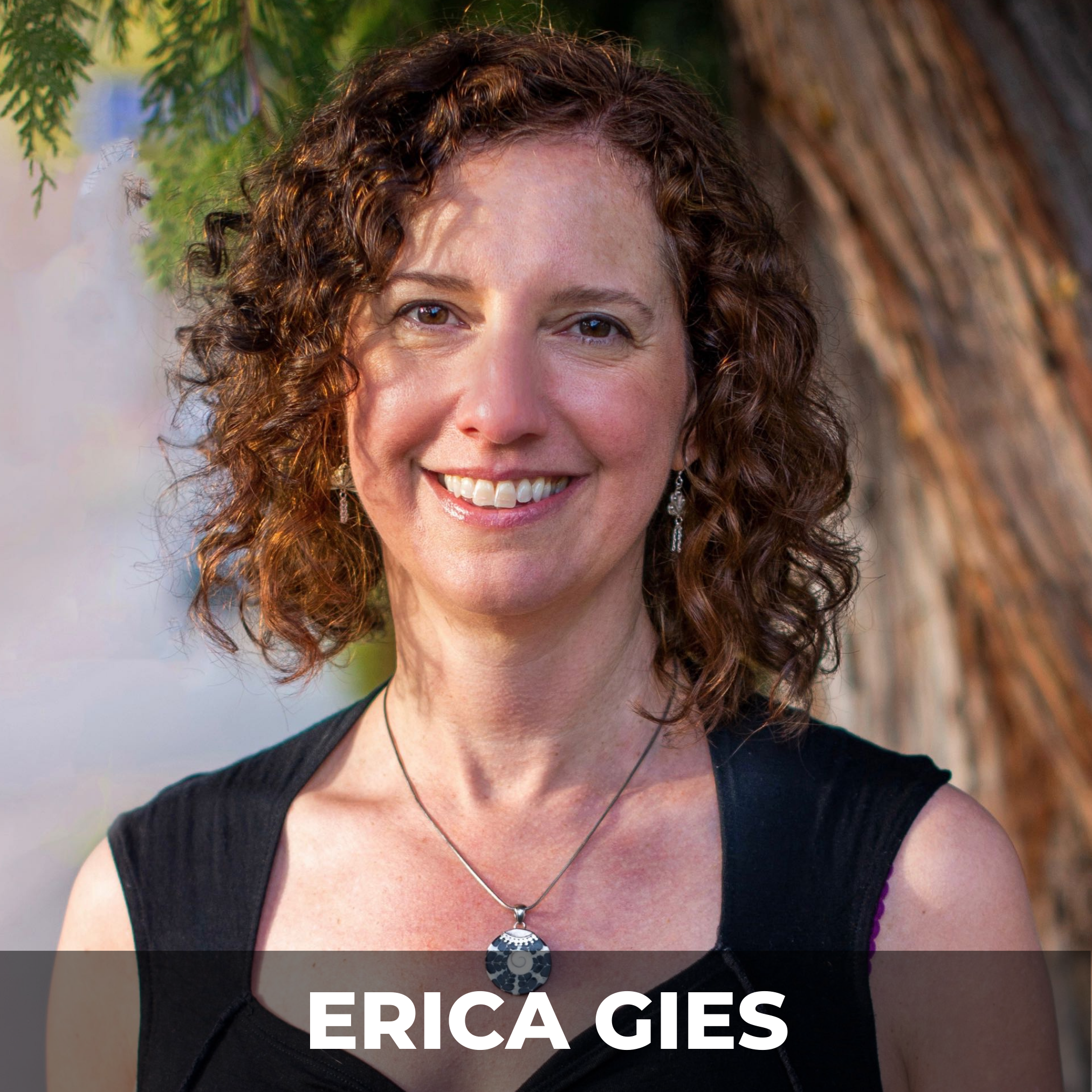
Water Always Wins
We need to respect what water wants. Erica Gies, award-winning journalist and author of Water Always Wins: Thriving in an Age of Drought and Deluge, joins us.
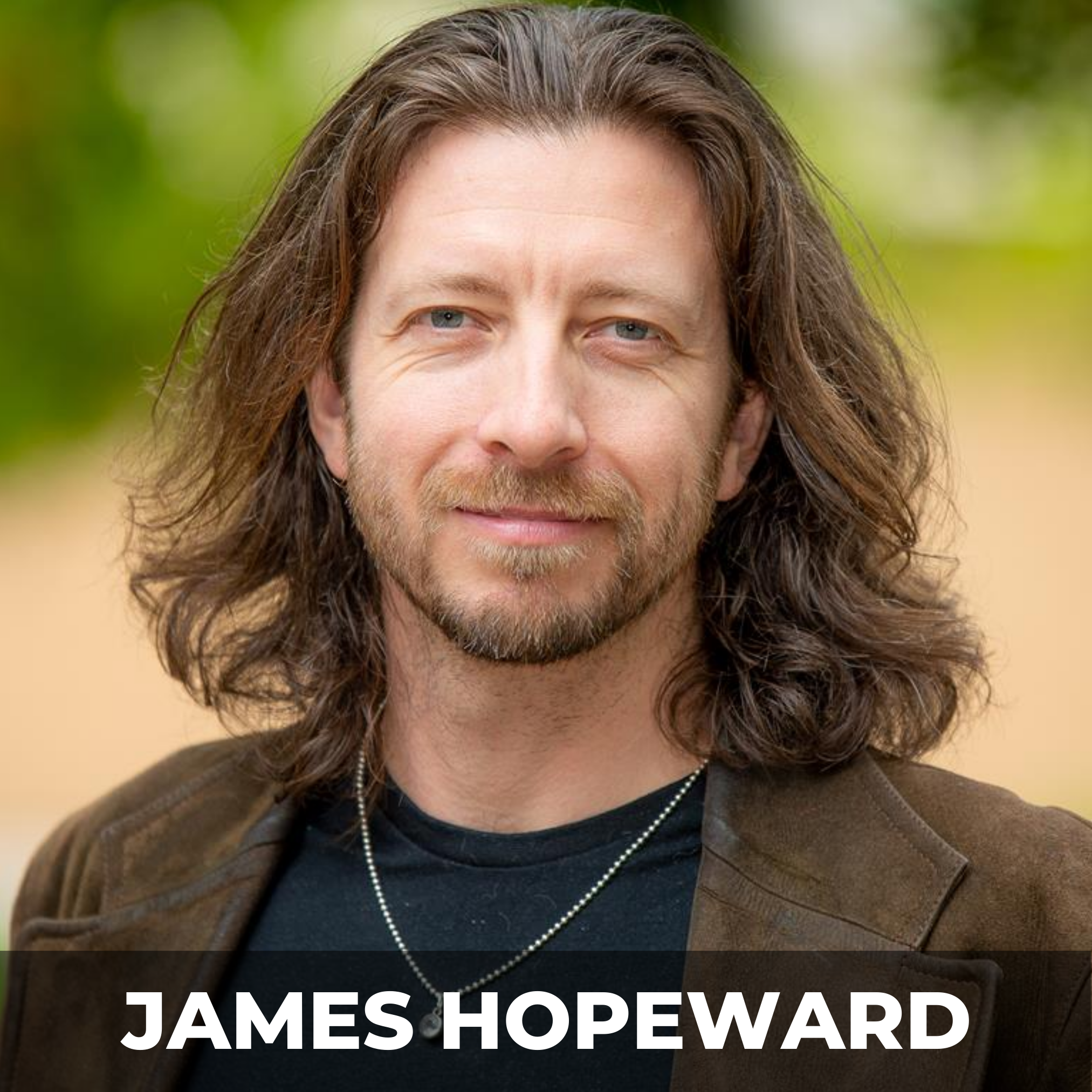
The Delusion of Decoupling
Economic growth is failing the planet, and it’s time for a change. James Hopeward, environmental civil engineering professor, joins us.
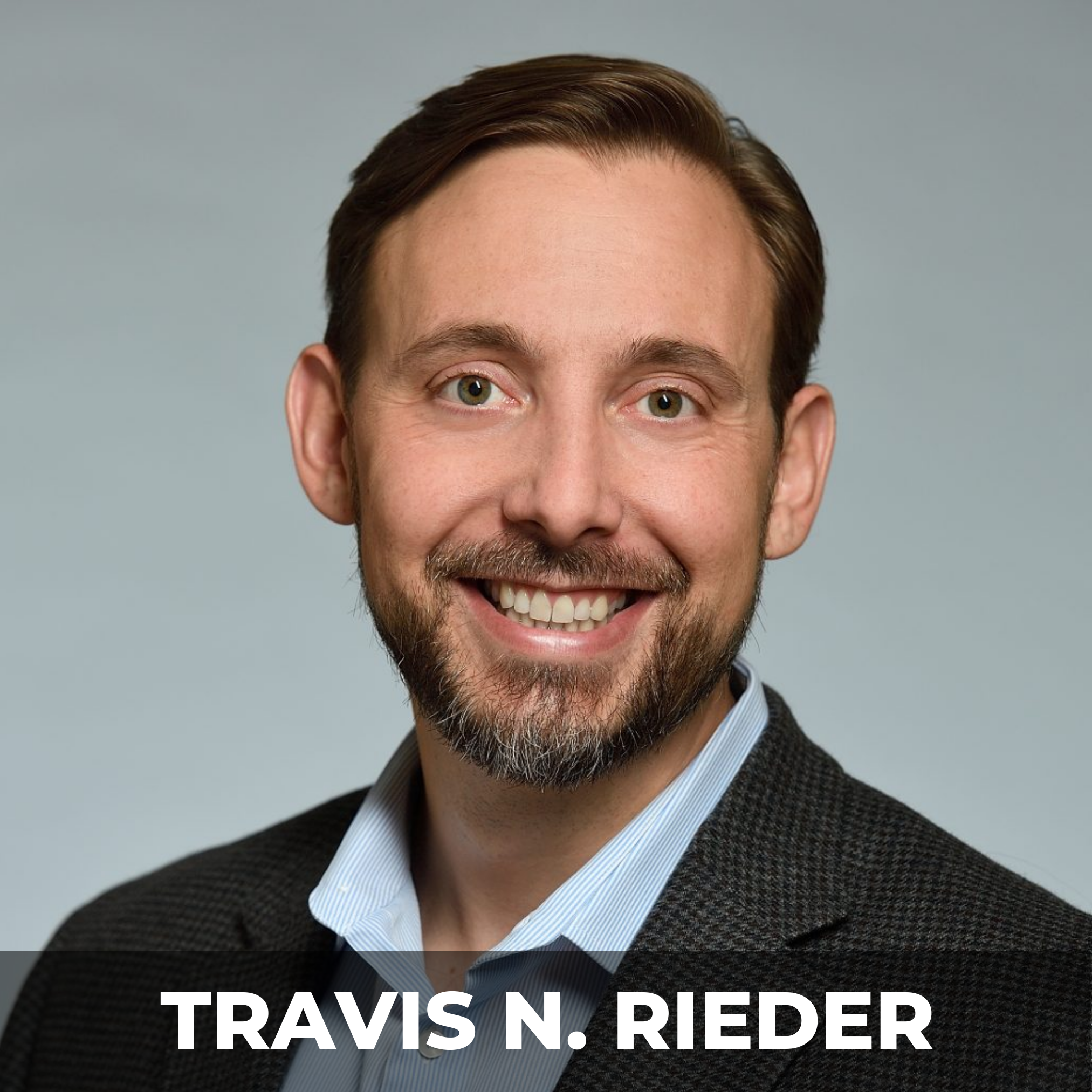
Catastrophe Ethics
Modern life is filled with confusing and often terrifying problems, leaving many of us struggling with how to make morally decent choices. Travis N. Rieder, bioethicist and moral philosopher and author of Catastrophe Ethics, joins us.
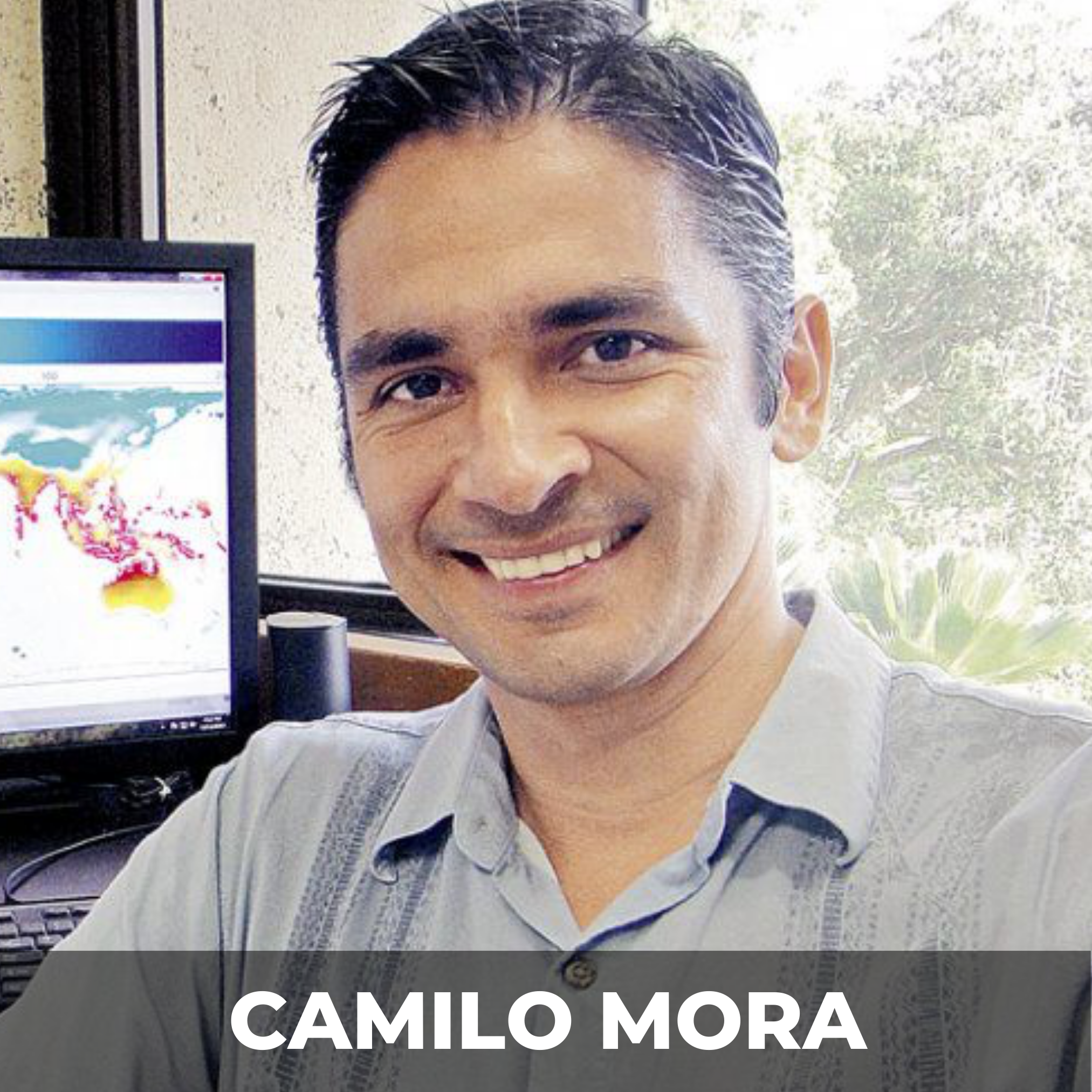
Population: A Threat Multiplier
Human activity is driving climate change, biodiversity loss, resource scarcity, and pandemics, creating compounding crises that demand urgent attention. Camilo Mora, professor and researcher, joins us.
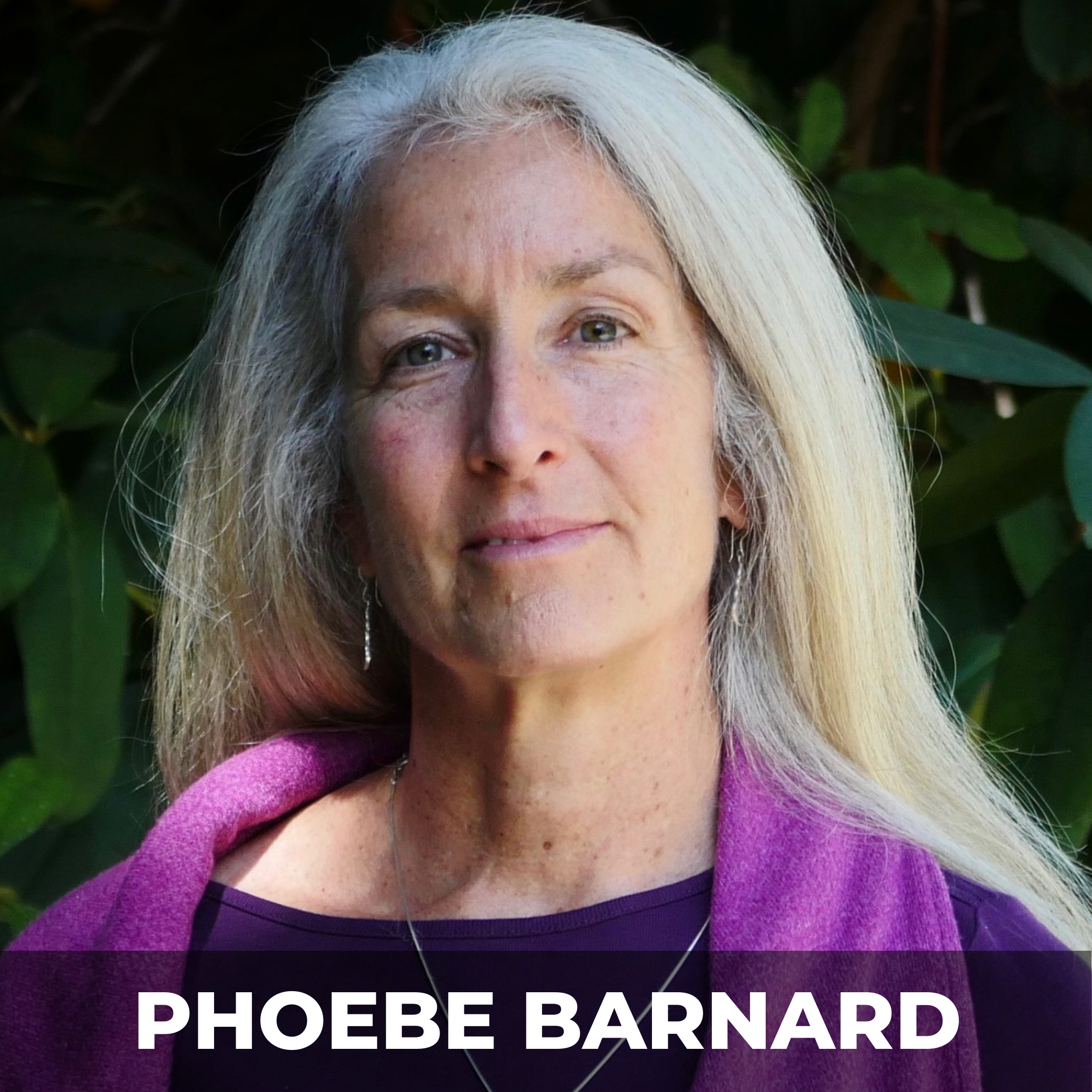
Rome is Burning. The Time is Now.
Collaborative efforts across boundaries of faith, science, and activism are desperately needed to protect Earth. Phoebe Barnard, biodiversity scientist and global change advocate, joins us.

Endangered Species Condoms
Human reproductive decisions affect the biodiversity of all life on Earth. To discuss how they broach this sensitive topic within their work, Sarah Baillie and Kelley Dennings from The Center for Biological Diversity, join us.

Small Family Campaigns and Incentives
Are there ethical and moral ways for governments to accelerate the move to smaller families in order to contract population? Ethicists Colin Hickey and Jake Earl weigh in on why this should be done and how we might do it fairly.

Toward a Small Family Ethic
Everyone should consider the ethics of having children on an overpopulated, climate-disrupted planet. Travis Rieder, bioethicist and author of Toward a Small Family Ethic: How Overpopulation and Climate Change are Affecting the Morality of Procreation, joins us.






